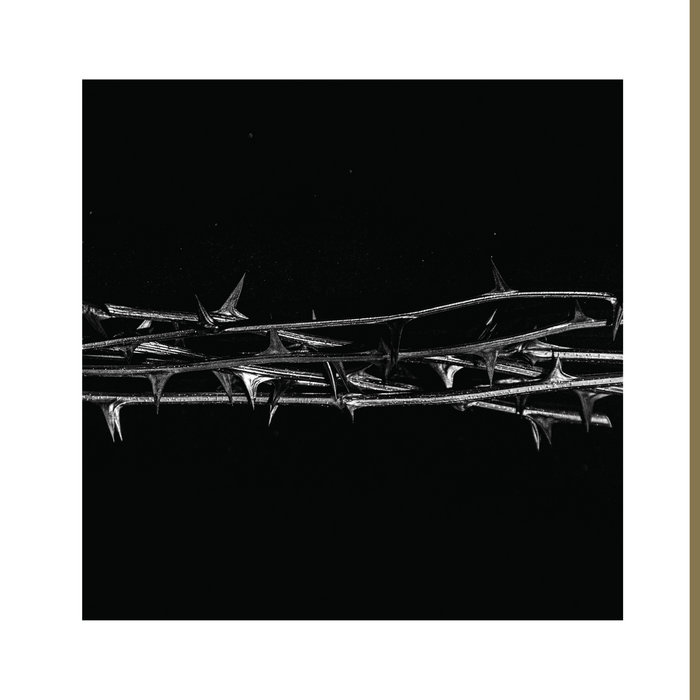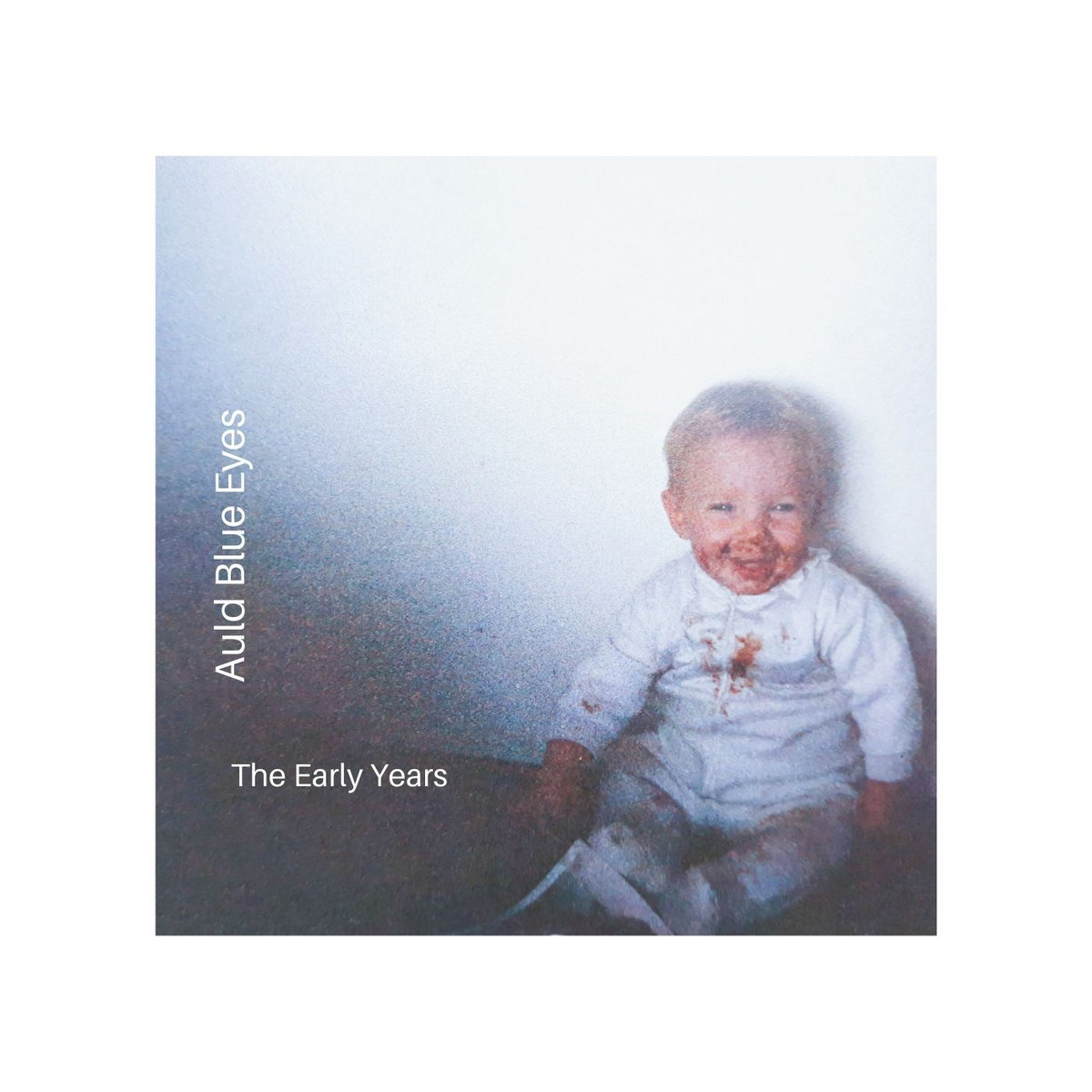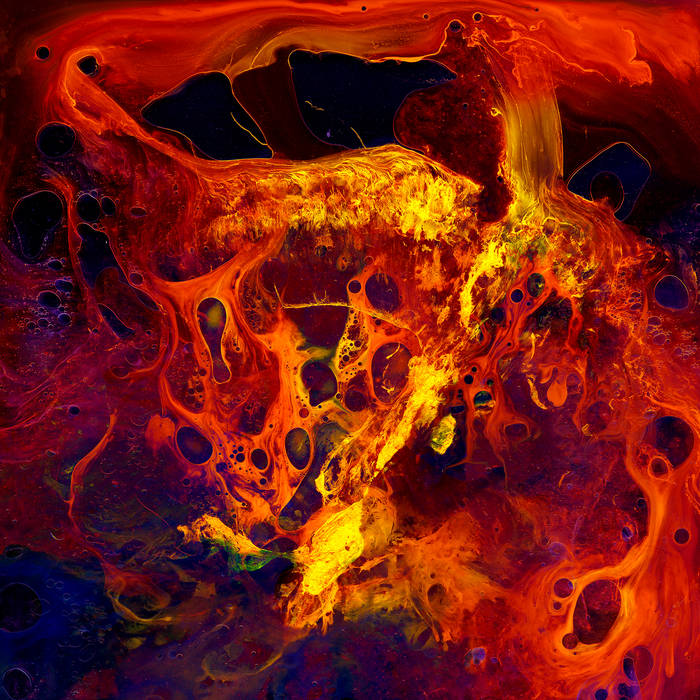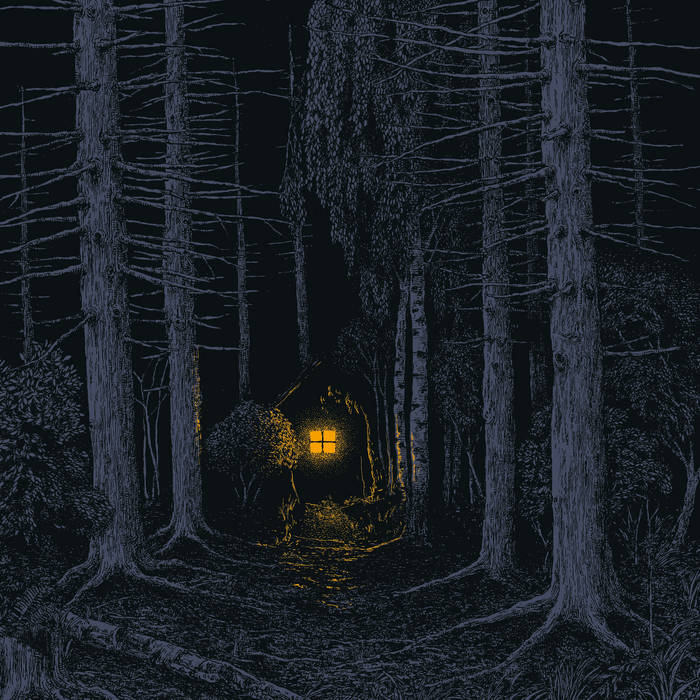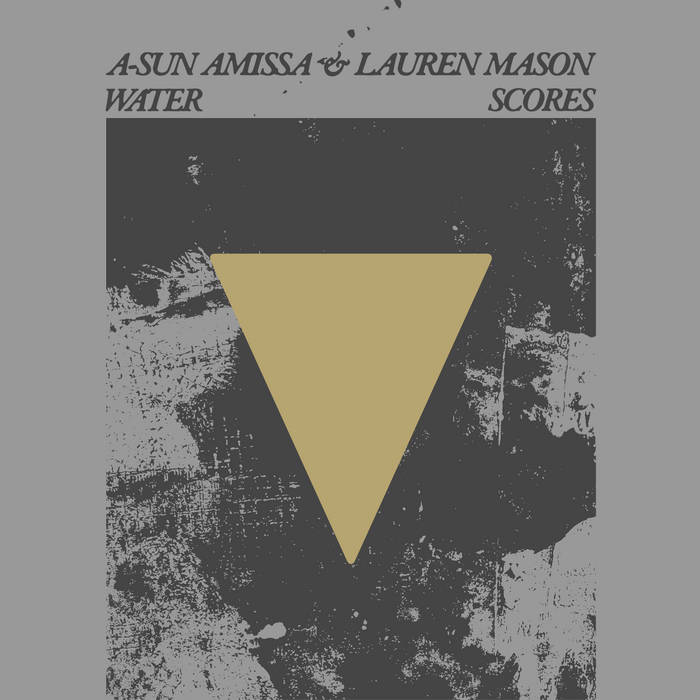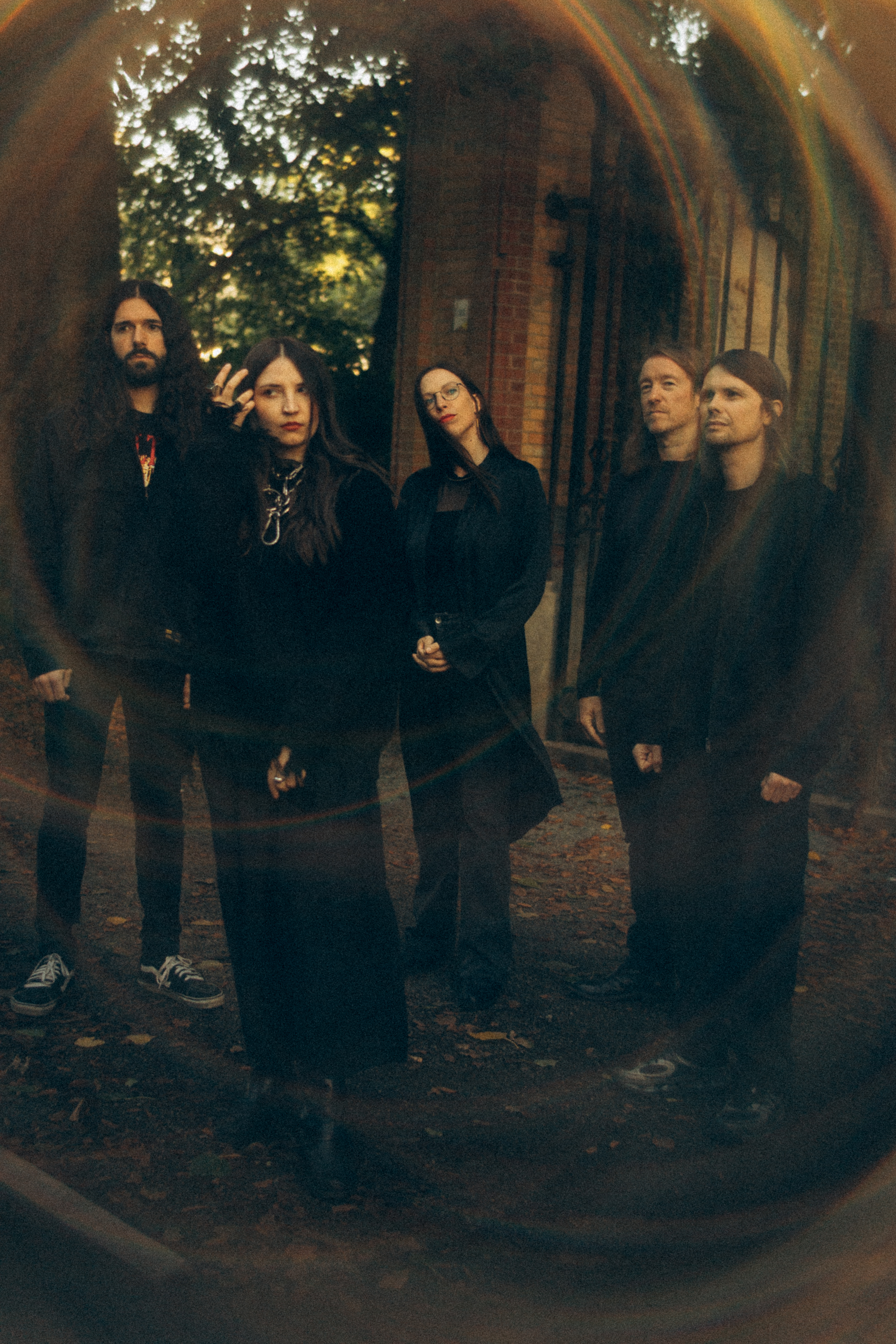Praise upon praise is heaped upon the new Amenra record – deservedly. But what is the distinct difference between this record and their earlier releases? Well, let’s find out!
(Be warned, when starting this review: It will not be short, but how should it?)
With a band like the quintet from Kortrijk it is usually not quite easy to see the development that clearly from one album to the next. But with De Doorn (“The Thorn”) it becomes a bit easier to witness some witnesses.
The first and easiest is the fact that all songs are now sung in Flemish, their native tongue. The second one is the title itself – this is no “Mass VII”, this is not a separating ritual (although its roots are lying within a ritual, but more on that later): a ritual is more of a community together celebrates the most intimate moments but still not all together but in a sense, still everyone for oneself, connected by the simultaneous setting. De Doorn somehow feels more connecting, it’s them, and especially singer and lyricist Colin H. van Eeckhout, sharing their most intimate, their most personal emotions with us. Naturally, this intimacy works best in one’s native tongue as everyone is so deeply connected to that one language, one set of melody and one frame of mind that all are eternally connected to our mother tongue (bear in mind the mother) that it is obvious how inseparable both sides are. There was also no need to call this a “Mass” for the preceding albums usually also marked a certain position in the band members’ lives, often moments of personal stress and emotional despair.
This time, there was none of that, as singer Colin remarked earlier on. Thus, this album is not a mere coping with personal emotions and trauma but more general, more appreciating the eternal and not just the grave moment one is facing. Therefore, Flemish was the language chosen for this endeavor.
And right from the start there is something else that is very obvious when listening to the opening track ”Ogentroost” (something like “the soothing consolation for the eyes”) - the band has found a clearer sound, gone are the few rougher edges and noisier parts that once showed their roots in the thriving Belgian hardcore scene around the millennium. Nevertheless, of course we are not in any way talking about a pop album, but in some ways this record might be their most accessible (judge for yourself whether you like that or not). The cathedral-like humming at the beginning of ”Ogentroost” can also be seen as the clearest incorporation of Syndrome-sounds into the Amenra universe. And when Colin’s vocals set in they are much clearer and more pronounced than before – of course that is also connected to their decision to use and showcase Flemish for this record. When the massive riffs set in after four minutes and Colin’s earth-shattering screams set in, the clarity of both are amazing, thanks to the masterful recording done by new bassist Tim De Gieter and mastering by Frank Arkright. Never has Amenra sounded clearer which also results in a doomier version of the band, less black-metal infused. The addition of Oathbreaker-vocalist Caro Tanghe is another little stone in the mosaic of Amenra – she already before had delivered some additional vocals and does so again, now on a more constant level. And it also lends perfectly to the doomy and gloomy side of the record. Even though the songs are very often still heavy as hell, but they also “shine” in a certain way, maybe the idea of a sun eclipse can described it best: The light is completely hidden but a tiny ring is still vibrating around the edges – and that in a way is also happening on De Doorn.
The two vocalists deliver the lyrics in such an emotional way that it will be hard to ignore them, when talking about the best vocal performance by a duo in 2021. Colin’s lyrics are once again so well-crafted with so many layers to uncover, and the decision for Flemish is undeniably appealing. This red chord is vibrating through all the noise and doomy rhythms (like in ”Het Gloren”): even with some of the hardest bass lines they ever came up with accompanying some really heavy riffs, the lyrics are the centripetal focus for Amenra. The band even gives the lyrics some moments of being all alone “on stage”, for example right in the middle of ”Het Gloren” when we witness Colin talking (yes, talking, not whispering) something that sounds just like a prayer. And even after that intimate moment the band first sticks to an acoustic guitar before the riffs start again. This development was also obvious when listening to some of the acoustic tracks the band has released over the last couple of months or when watching their stream at Dunk!Festival’s online edition this year.
As mentioned before, the songs have their roots in rituals – and that should be seen literally, for the five songs are the result of a reworking of music that they had prepared for two rituals last year, one of them having been a fire ritual with a huge wooden structure surrounding a bronze statue which burned and glowed deep-red when the fire was lit and raging. This glow is felt on the record and (as I said above) is noticed best when listening to the lyrics: their clarity makes them so appealing, maybe also because there is simply that “just-right” amount of echo on them.
Some people will deny this record because it marks a departure from some old motives and ideas one might have associated with Amenra, that is true and understandable. However, if we listen to this record for what it is and not what one wants it to be, then we should accept just this version of Amenra in the second year of the pandemic: De Doorn is a fiery, glowing, perfectly balanced scale with hard riffs and wonderful lyrics presented crystal-clear at the center of attention by two vocalists that share the same mother tongue and background and who want to embrace us with their idea of something everlasting.

